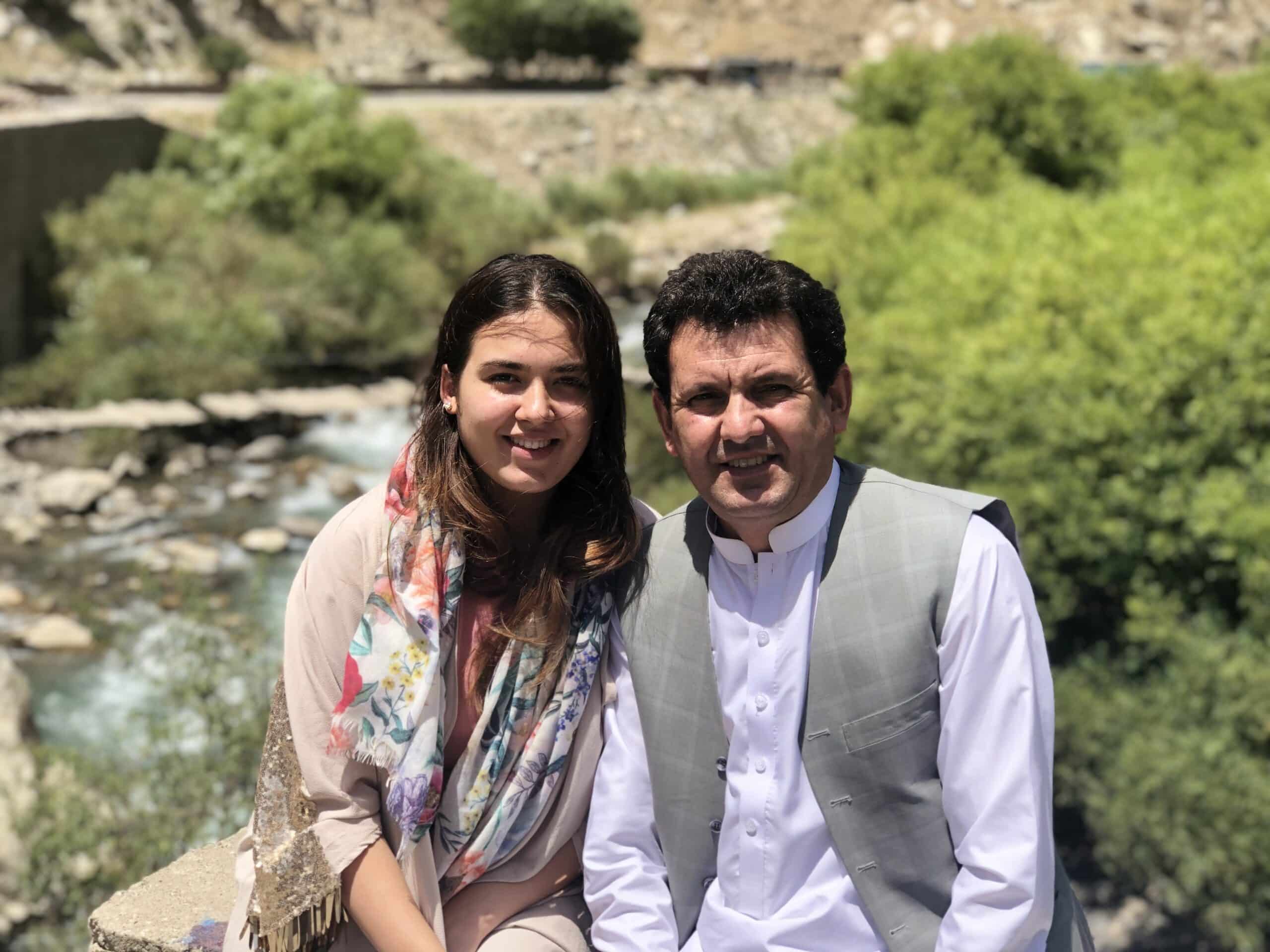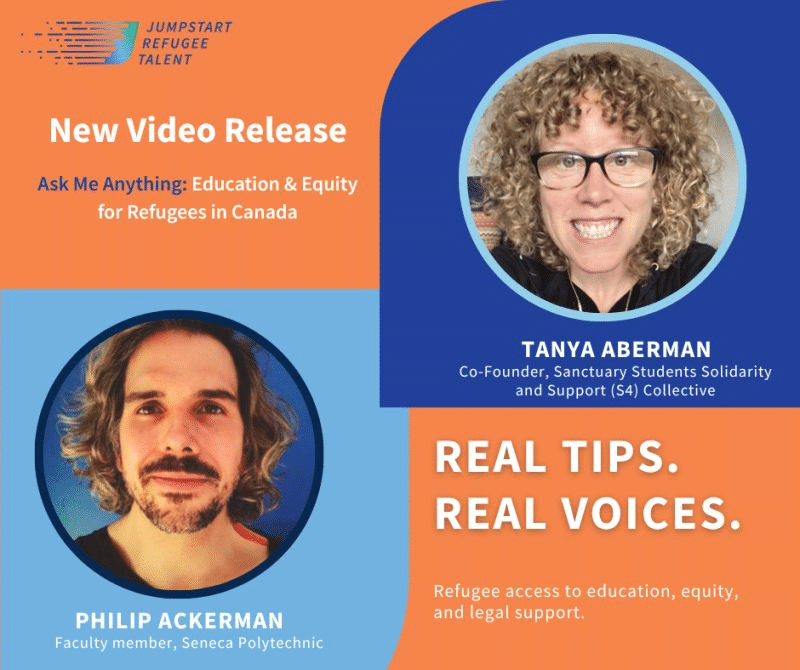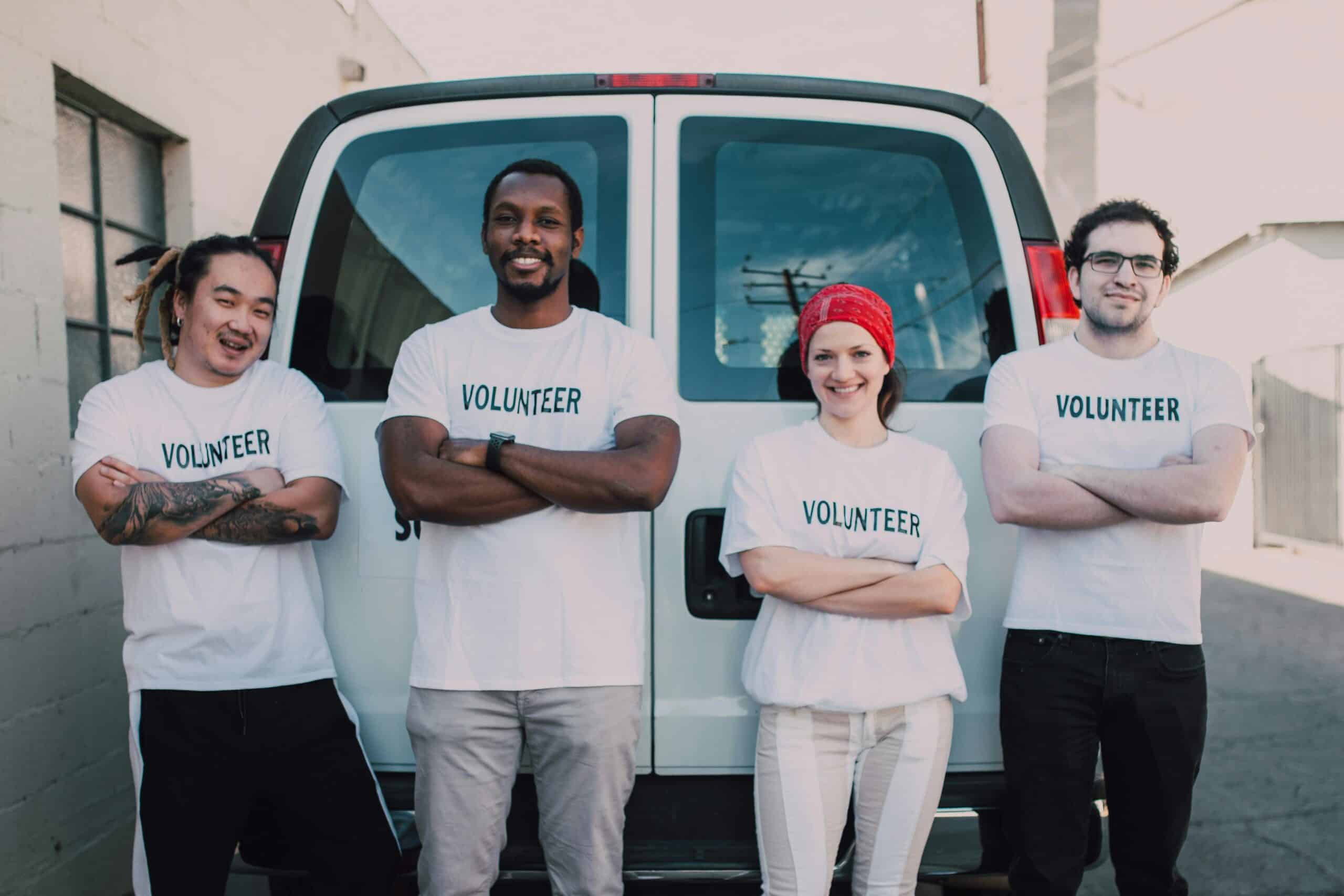This blog was created based on content delivered by Szabolcs Kaldau from Baker Hughes, during a May 9, 2024 webinar on employment opportunities for refugees and diversity, equity, and inclusion policies.
The webinar is part of Jumpstart’s initiative to support refugees in their career journeys and to provide an insightful look into the company’s efforts.
Introduction
Baker Hughes stands at the forefront of the energy technology sector, operating in over 120 countries with a workforce of more than 57,000 employees. As a Fortune 500 company, Baker Hughes not only excels in delivering solutions for energy and industrial customers worldwide but also champions sustainability and innovation in all its operations. This blog explores their significant strides in diversity, equity, and inclusion (DEI), particularly their impactful initiatives to integrate refugees into their global workforce.
Leading the Charge in DEI and Refugee Employment
In an era where corporate responsibility extends beyond profit margins, companies like Baker Hughes are stepping forward as pioneers of diversity, equity, and inclusion (DEI). Their commitment to these values was vividly showcased in a recent webinar, where discussions revolved around their strategic initiatives to hire and support refugees, underlining their pivotal role in fostering a diverse workforce. This blog delves into how Baker Hughes seeks to provide real employment opportunities for refugees and implementing robust DEI policies.
Recognizing Talent and Opening Opportunities
Baker Hughes has taken significant strides in integrating refugees into their workforce, viewing them as untapped talents that can contribute significantly to various sectors within the company. The energy technology giant collaborates with organizations like Tent Canada, which connects businesses with refugee talent, to proactively recruit and integrate these individuals into their global operations. Such initiatives are not only about filling job vacancies but are a testament to Baker Hughes’ commitment to social responsibility and community support.
DEI at the Heart of Corporate Strategy
Baker Hughes’ approach to DEI is comprehensive, embedded deeply within their corporate framework. The company’s strategy is built around creating a diverse workforce, fostering an inclusive culture, and ensuring their suppliers and partners also reflect these values. They have been pioneering in implementing policies that ensure every applicant, including refugees, undergoes the same rigorous, unbiased hiring process, ensuring fairness and equality of opportunity.
In practical terms, Baker Hughes has established programs specifically designed to support the hiring and integration of refugees. This includes tailored recruitment strategies that recognize the unique challenges faced by refugees, such as credential recognition and cultural integration. These programs are part of a broader corporate responsibility initiative aimed at reducing barriers to employment and helping individuals build fulfilling careers within the company.
Training and Development: Investing in Future Leaders
Baker Hughes doesn’t just hire refugees; they invest in them. The company offers extensive training and development programs tailored to help new hires, including refugees, to grow professionally. By providing resources for career advancement and personal growth, they ensure that employees not only contribute to the company’s success but also have the opportunity to advance their careers and personal aspirations.
Moreover, Baker Hughes encourages its leaders to be aware of and actively manage their unconscious biases, ensuring that refugee talent is evaluated based on skills and potential rather than background. This commitment to fair treatment and equal opportunity resonates throughout their hiring and management practices.
Baker Hughes serves as a shining example of how corporations can play a crucial role in addressing social issues through employment and inclusive policies. Their proactive measures in hiring refugees and their comprehensive DEI policies not only enhance their workforce diversity but also contribute significantly to community welfare. As more companies observe and emulate these practices, the corporate world can indeed become a powerful force for positive social change.
For more information on upcoming events, including more career pathing events, please visit Events & Workshops.





